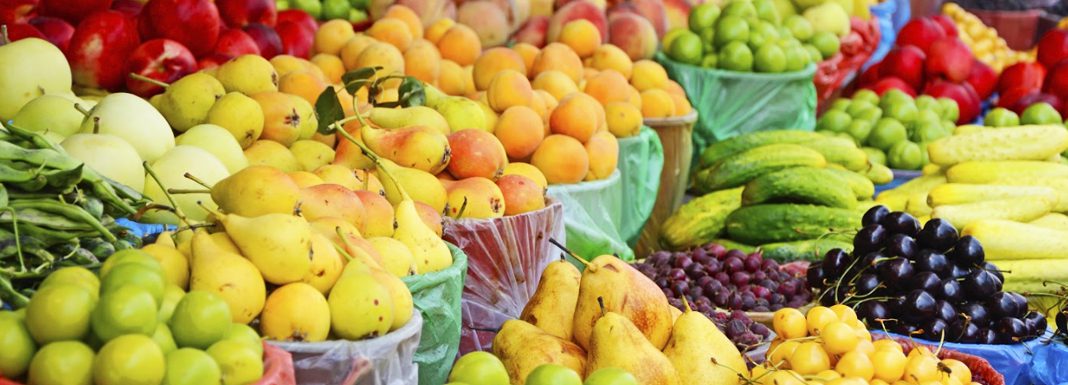Virtually all scientists agree that North Americans need to reduce their intake of sugar, but their views on artificial sweeteners are not as clear. Increasing evidence is showing that artificial sweeteners are not benign substitutes for sugar. In one study, people who took sucralose (an artificial sweetener) for just one week developed signs of insulin resistance and diabetes, such as:
• increased cellular sugar uptake,
• increased fat formation,
• signs of inflammation and
• higher rises in insulin and triglycerides.
The overweight people in the study developed the highest rises in these markers of diabetes (The Endocrine Society's annual meeting, March 20, 2018, Abstract SUN-071). The higher the dose of sucralose, the higher the rise in the markers of risk for diabetes. This study confirms other studies showing that the use of artificial sweeteners is associated with increased risk for obesity and diabetes (Annals of Nutrition and Metabolism, Feb 23, 2017; Brit J of Nutrit, Sept 2014;112(5):725-734), even in people who are not overweight (BMJ, July 21, 2015).
How Artificial Sweeteners Affect Gut Bacteria
Several researchers have shown that artificial sweeteners can change the bacteria in human guts to raise blood sugar levels (Cell Metab, Nov 4, 2014;20(5):701-3). This study in humans confirms other studies in mice that artificial sweeteners may cause high blood sugar levels with increased risk for diabetes and weight gain by changing the bacteria in your colon (Nature, Oct 9, 2014;514(7521):181-6). Researchers showed that:
• Mice that drank water with the artificial sweeteners saccharin, aspartame or sucralose developed much higher blood sugar levels after taking sugar.
• High rises in blood sugar have been shown in many studies to increase risk for weight gain, diabetes, heart attacks, and premature death.
• Mice that drank plain water did not develop this high rise in blood sugar.
• Mice that were given antibiotics to kill most of their colon bacteria did not develop high rises in blood sugars after taking artificial sweeteners.
• Many subsequent studies show that humans who regularly use artificial sweeteners have similar changes in the bacteria in their guts and are also at increased risk for developing high blood sugar levels.
• One week of consuming artificial sweeteners changed the gut bacteria of apparently healthy humans to cause higher blood sugar levels after taking sugared foods and drinks.
Other Ways Artificial Sweeteners May Increase Risk for Weight Gain and Diabetes
Artificial sweeteners may cause you to:
• Burn Fewer Calories: Researchers at Purdue University reported that rats that ate yogurt sweetened with saccharin consumed more calories, gained more weight and were fatter than rats that ate yogurt sweetened with sugar (Behavioral Neuroscience, Feb 2008;122(1)). The saccharin-fed rats did not lose the extra weight that they put on after they stopped taking saccharin. The rats who were kept on saccharin had a smaller rise in body temperature after eating than those who were fed sugar, and therefore they burned fewer calories.
• Eat More Calories: There is PET scan evidence that taking artificial sweeteners activates the brain's pleasure centers, causing you to want to eat more calories. Since you don't get extra calories in artificially sweetened foods and drinks, you have to get them from somewhere else, so you eat more of other foods (Trends in Endocrinology & Metabolism, July 10, 2013).
• Have Higher Blood Sugar Levels: Obese people who have taken aspartame or saccharin within 24 hours have much higher blood sugar rises after taking sugar than those who do not use these artificial sweeteners (Applied Physiology, Nutrition, and Metabolism, May 24, 2016). High blood sugar levels call out more insulin and high insulin levels increase weight gain and inflammation to increase diabetes risk.
My Recommendations
More than 40 percent of North Americans today have higher than normal blood sugar levels. Sugared drinks should be taken only during prolonged vigorous exercise. Artificial sweeteners are associated with higher blood sugar levels and weight gain, so I recommend avoiding them. I believe that water is the safest drink for quenching thirst. Unsweetened coffee and tea have also been shown to be safe as long as you do not take unreasonably large amounts.
Checked 7/19/19


